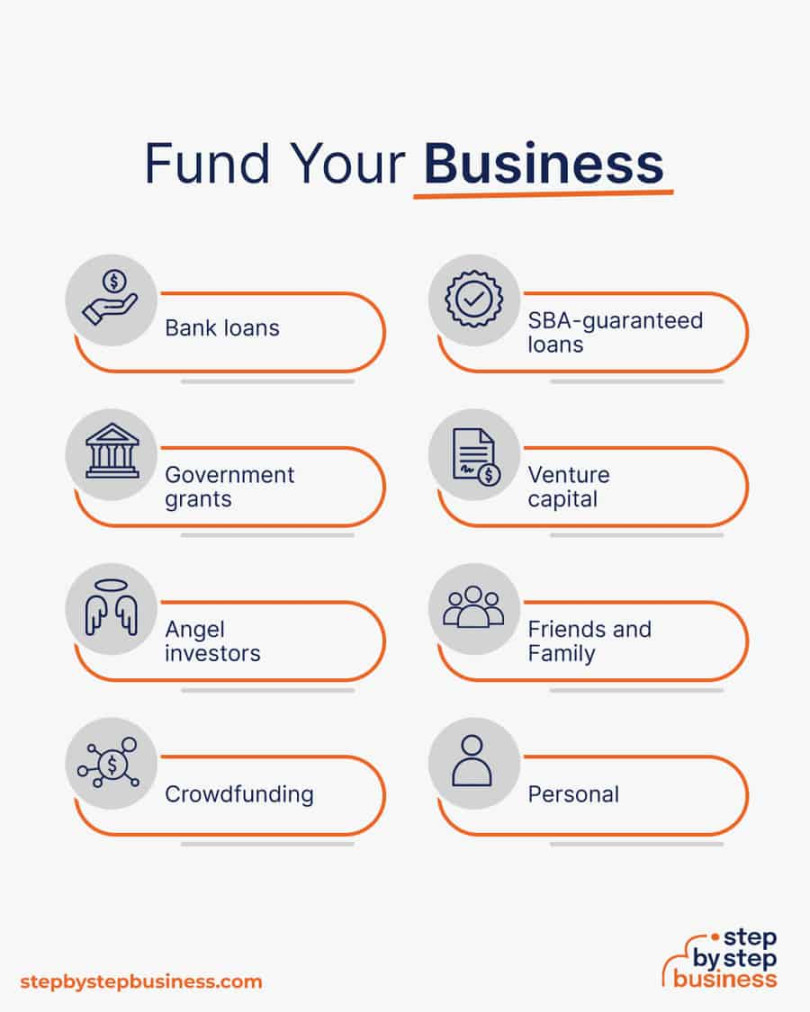Lending Money for Business: A Comprehensive Guide
What do you mean by lending money for business?
Lending money for business is a common practice where a business owner borrows funds to support their business operations, expansion, or other financial needs. This can be done through various sources such as banks, financial institutions, private lenders, or even family and friends.
How does lending money for business work?

When a business owner decides to borrow money for their business, they typically need to provide a detailed business plan, financial statements, and other relevant documents to the lender. The lender will then evaluate the business’s creditworthiness and determine the terms of the loan, including the interest rate, repayment schedule, and any collateral required.
What is known about lending money for business?
Lending money for business can be a risky endeavor for both the borrower and the lender. Borrowers need to ensure they can repay the loan on time to avoid financial consequences such as high-interest rates, penalties, or even bankruptcy. Lenders, on the other hand, need to assess the borrower’s risk profile carefully to mitigate the risk of default.
What is the solution for lending money for business?
To successfully borrow money for a business, it is essential to have a clear understanding of your business’s financial health, cash flow, and growth potential. Develop a comprehensive business plan that outlines your goals, strategies, and financial projections to present to potential lenders. Additionally, explore different financing options to find the best fit for your business needs.
Information about lending money for business
There are several types of loans available for businesses, including term loans, lines of credit, equipment financing, and SBA loans. Each type of loan has its own eligibility criteria, interest rates, and repayment terms, so it is crucial to research and compare options before making a decision. Additionally, consider the impact of borrowing on your business’s cash flow and profitability to ensure you can afford the loan repayments.
Conclusion
In conclusion, lending money for business can be a valuable tool to fuel growth and achieve business goals. However, it is essential to approach borrowing responsibly and make informed decisions to avoid financial pitfalls. By understanding the process, assessing your business’s needs, and exploring financing options, you can secure the funding necessary to take your business to the next level.
FAQs
1. Can I borrow money for my business without collateral?
Yes, there are unsecured business loans available that do not require collateral, but they typically have higher interest rates and stricter eligibility criteria.
2. How long does it take to get approved for a business loan?
The approval process for a business loan can vary depending on the lender, the amount of funding requested, and the borrower’s creditworthiness. It can take anywhere from a few days to several weeks to get approved.
3. What is the best type of loan for a small business?
The best type of loan for a small business depends on its specific needs and financial situation. Small businesses often opt for SBA loans, lines of credit, or equipment financing to support their operations.
4. How does borrowing money affect my business credit score?
Borrowing money can impact your business credit score, both positively and negatively. Making timely loan repayments can improve your credit score, while defaulting on a loan can hurt your creditworthiness.
5. What should I consider before borrowing money for my business?
Before borrowing money for your business, consider your business’s financial health, cash flow, growth prospects, and the impact of borrowing on your operations. Choose a loan that aligns with your business goals and can be repaid comfortably.



